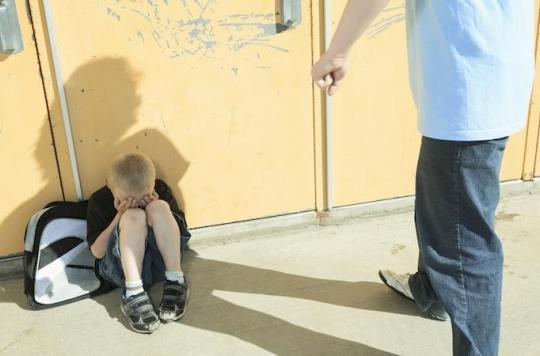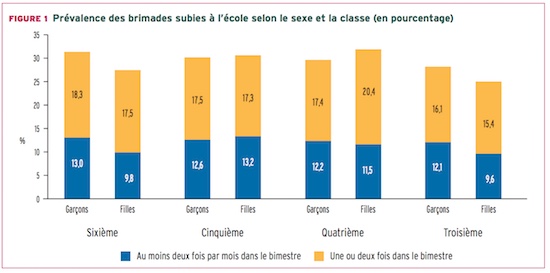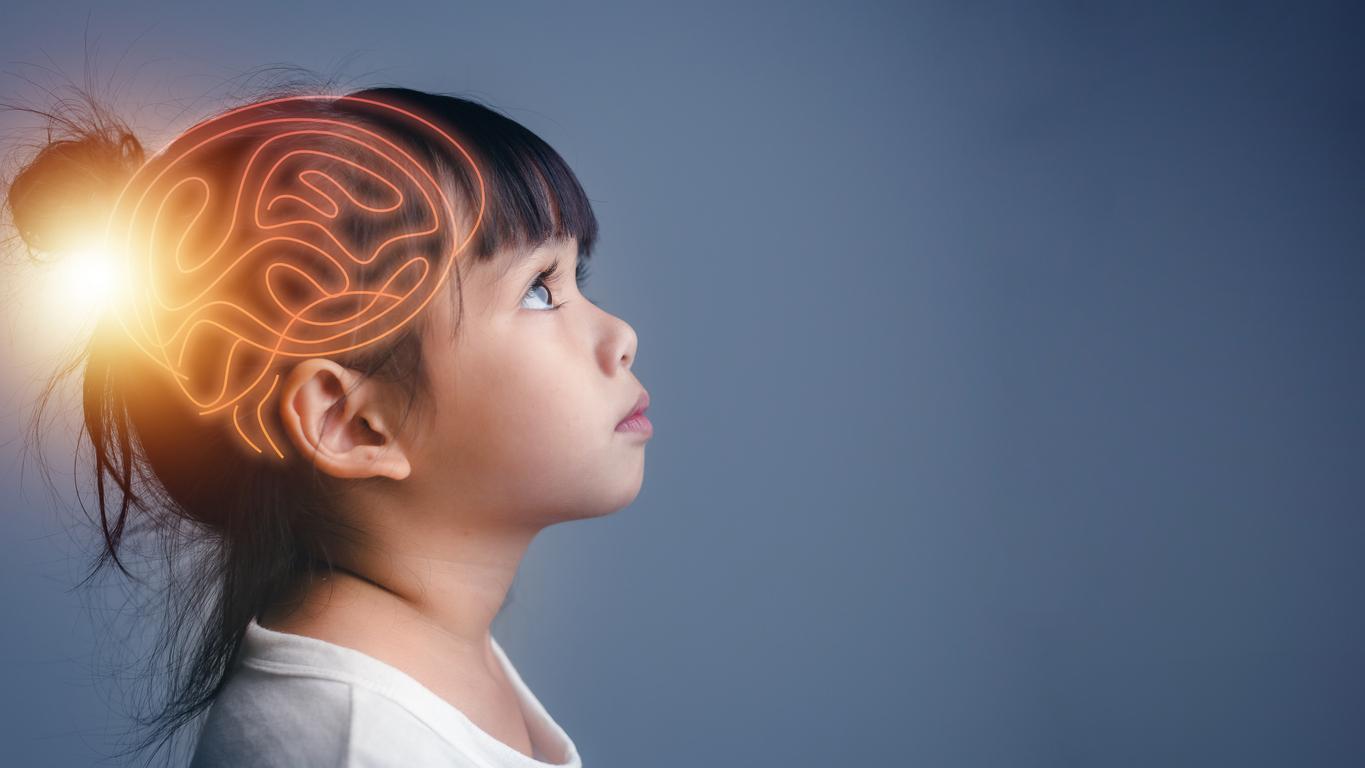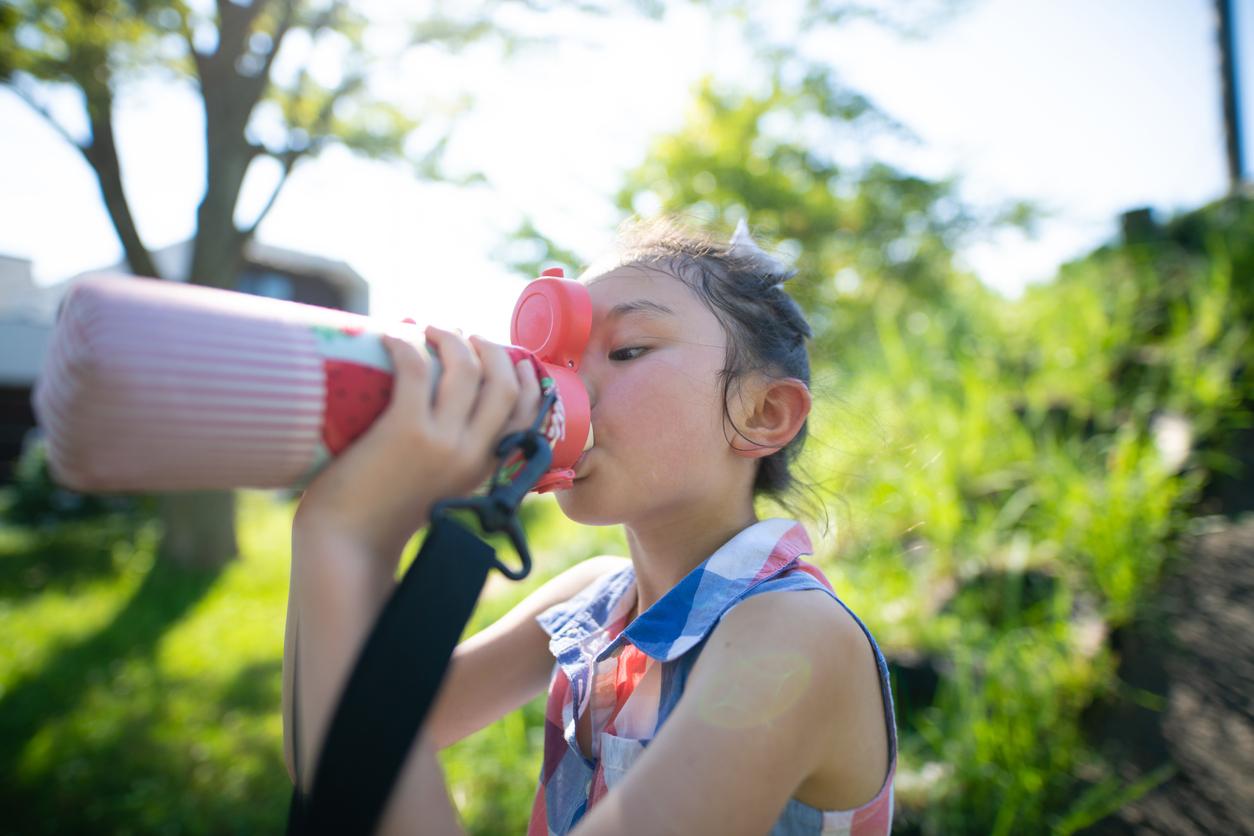The consequences of bullying extend over time. 20 years later, victims and perpetrators are more at risk of cardiovascular disorders.

School bullying weighs heavily on the conscience of the victims… and their torturers. And this over the long term. 20 years after the events, both groups are at increased risk for psychosocial disorders. This is what a study from the University of Pittsburgh (United States) shows. Published in Psychological Science, she suggests that abusers would also benefit from more careful monitoring.
Stroke, heart attack, hypertension
This work is based on 260 men followed as soon as they enter the preparatory course (first grade in the United States) until their 30s. While in college, the researchers assessed the presence of school bullying and carefully observed the development of the perpetrators and painkillers.
The results are edifying. On the harassed side, there are more financial difficulties, feelings of injustice and less optimism about the future. On the aggressors’ side, tobacco and cannabis use, stressful life and aggressive – even hostile – behavior are more common.
These difficult living conditions are considered to be psychosocial risk factors associated with the emergence of cardiovascular pathologies. Indeed, stress, anger or even hostility promote strokes and heart attacks, but also arterial hypertension. The impact of bullying is therefore far from trivial. Especially since the victims suffer more from psychiatric disorders in adulthood.
12% of harassed in France
It is indeed the mental impact that is involved in the phenomenon. In terms of pure physical health, participants do not exhibit inflammation or metabolic syndrome that would explain this increased risk.
Harassment is not anecdotal in France. According to the latest HBSC survey, 12% of middle school students are victims. This marks a slight decline compared to 2010.
The executioners are less numerous. 11.5% of boys and 6.9% of girls say they have scolded a friend.

Source: HBSC 2014 survey
Watch the program L’invité santé with Aurélie Latourès (Center Hubertine-Auclert)
on cybersexism among teens broadcast September 29, 2016
.

















